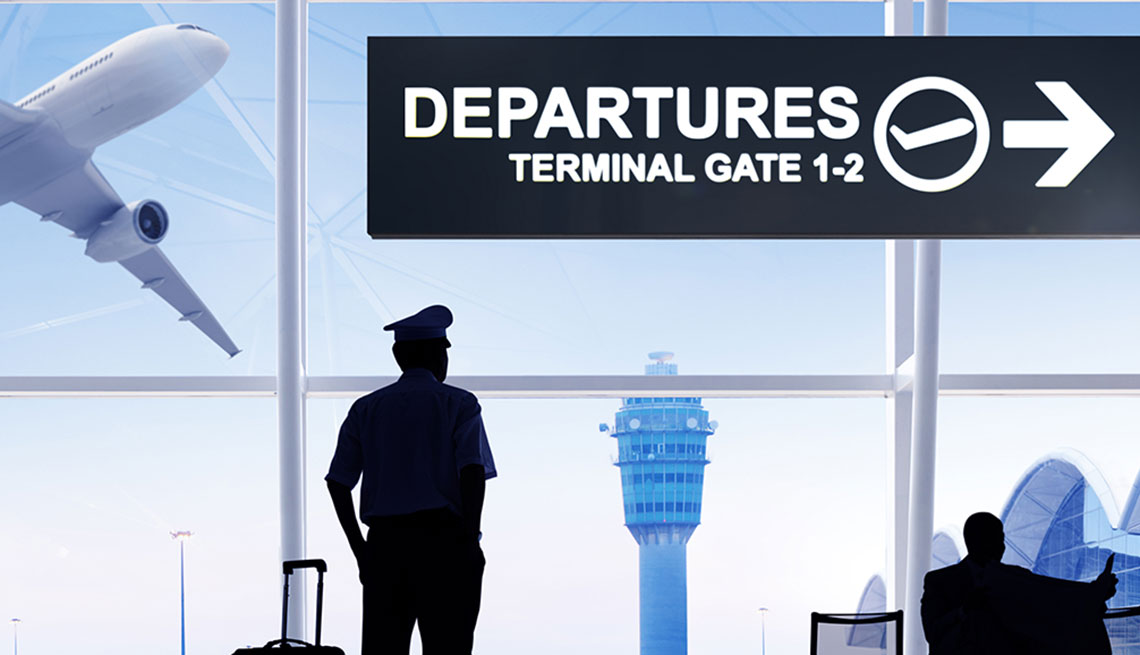
- Select a language for the TTS:
- UK English Female
- UK English Male
- US English Female
- US English Male
- Australian Female
- Australian Male
- Language selected: (auto detect) - EN
Play all audios:
Now the nation knows how truly awful, how shameful the behaviour of the Post Office has been towards hundreds of its former sub-postmasters. It took a television series to wake us up.
Suddenly it’s headline news, thanks to the damning ITV series Mr Bates v The Post Office. The question now is: what on earth was going on at the taxpayer-owned Post Office? And why didn’t
those in power — of all parties — do anything about it? Politicians are queuing to commiserate. The Justice Secretary has found time in his diary to explore an amnesty for the hundreds
wrongly convicted over losses caused by a computer glitch. There’s now a post-it note on the Prime Minister’s desk — presumably next to the one that says “Win election”. Hundreds of people,
thousands if you count their families, persecuted (no, that’s not a typo) by stone-faced executives of the Post Office and their henchmen, may finally be on the cusp of getting restitution —
though not their colleagues who died penniless. The Post Office story is described as the biggest miscarriage of justice in our country’s history. That’s a grand but oddly dry phrase. It
does not, by a long chalk, begin to cover the pain, the persistence, the courage and the sacrifice that these ordinary citizens endured. Nor does it remotely explain the hard-hearted and (as
we shall see) conniving cruelty of Post Office executives. The conspiracy, the fix, call it what you will, appears to have run deep. It glosses over the abject failure of politicians like
Sir Ed Davey, now the Lib Dem leader, who in 2010 as Postal Minister wrote back to Bates saying a meeting would “serve no useful purpose”; of successive Home, Justice, Consumer and Postal
Affairs Secretaries of State, civil servants and spads who are the gatekeepers to ministerial diaries. The press was slow on the uptake. The public inquiry launched in 2021, despite shocking
revelations, received patchy coverage. There were exceptions: Nick Wallis (on whose book the ITV series is based); Tom Witherow at the Times; the Mail; Panorama and most notably Computer
Weekly’s chief reporter Karl Flinders This is a story of immense social significance. It tells us a lot about what is wrong about Britain, about winners and losers, about how we treat each
other and, when money talks, what really matters. Above all it poses the question: why is it so hard to get justice and why does it take so long? The obvious and immediate imperative is to
move as fast as possible to quash the convictions and pay out suitable compensation. But there are a number of important constitutional issues arising out of this scandal. A brief recap. In
1999 the British Government, the Post Office’s single shareholder, rolled out a new computer system in the country’s 14,000 post offices. At the heart of the Horizon system, British-designed
but supplied by the Japanese company Fujitsu, was a central server connected to every branch. This will turn out to be a crucial fact in likely criminal prosecutions. “Almost immediately,”
says _Computer Weekly,_ “after the installation of Horizon at Post Office branches, there was an increase in the number of sub postmasters experiencing accounting shortfalls that they could
not explain. Many had never previously experienced such shortfalls. Under the paper-based system, they could track back and find the cause. But not anymore.” That set off a blitzkrieg of
prosecutions by the Post Office, which has powers to prosecute without police involvement: without having to convince the Crown Prosecution Service (CPS) that the evidence is there to stand
a reasonable chance of conviction. Why? Why did the Post Office not go to the police if public money was being stolen by hundreds of sub-postmasters? Why did it choose to pursue these people
privately? This question is pivotal. Most people probably don’t know that criminal private prosecutions are allowed in 21st century Britain. It’s a quasi-feudal custom that dates back
centuries. In the 18th century virtually all criminal prosecutions were private. It has its uses today, but mostly for those who can afford it. Bringing private prosecutions allowed the Post
Office to do two things: first to bring criminal charges in hundreds of individual cases under the radar, with virtually no publicity. Second, to persuade the victims that they were the
only ones claiming that their losses were computer-generated. Lawyers cost money. The victims had been made bankrupt. They were entitled to have a jury if the case went to the Crown Court.
But the Post Office chose its victims with care. Very few, if any, would have the stamina or the resources to fight: the weakest, or so it thought. Scores of sub-postmasters were jailed.
Scores were bullied into pleading guilty. The Post Office sent people to prison to make an example of them, to silence them. Secrecy was paramount in trying to keep a lid on what was going
on. Had the Post Office gone to the police and the CPS it is doubtful that most of these cases would have seen the light of day. For one thing, if the money was stolen where had it gone, if
sub-postmasters didn’t start driving around in posh cars? Perhaps the most damning – virtually incomprehensible – revelation in the series is that the Post Office, and its then CEO Paula
Vennells, knew that Horizon was faulty. And yet the Post Office’s legal operation kept spewing out charges and prosecutions. The almost maniacal insistence by Vennells to hold the line sits
alongside the silence of the tobacco or the chemical industry that their products are harmless. But why? Was this malevolence or merely corporate groupthink gone mad? Fujitsu software
engineers, part of a special unit tucked away in a basement at its Berkshire headquarters, remotely accessed individual post office systems, making changes to accounts in the dead of night.
What were they up to? Prosecutions seem inevitable. There is a trove of evidence – brilliantly excavated by Bates and others — pointing to the possibility of fraud and conspiracy to pervert
the course of justice (a crime that can carry a life sentence). Here are some of the questions that need answering: * Who was on the Post Office Board? What did they know? When did they know
it? Did they sanction the strategy to go after sub-postmasters to keep them quiet? * What did Fujitsu know? What was its relationship with the Post Office? Did it have some kind of hold on
Paula Vennells? What did she know and when? * Are private prosecutions safe? The Post Office’s powers to bring them will likely be rescinded — and not a moment too soon. But is it worth
reviewing the scope, indeed the very existence of private prosecutions? Should anyone other than the state have the power to send someone to jail? * All this was happening in the courts,
under the nose of the CPS. It has the right – indeed the duty – to take over vexatious or unfair private prosecutions. Why didn’t it? * Is the present Post Office leadership – which has been
dragging its feet when it comes to compensating its victims – fit to run a national public service. The sub-postmaster’s saga exemplifies the best and the very worst of Britain: a nation
that rallies round people who are wronged and who fight for justice; an indifferent state; and a corporate sector that will fight tooth and nail to protect “the brand”. A MESSAGE FROM
THEARTICLE _We are the only publication that’s committed to covering every angle. We have an important contribution to make, one that’s needed now more than ever, and we need your help to
continue publishing throughout these hard economic times. So please, make a donation._







